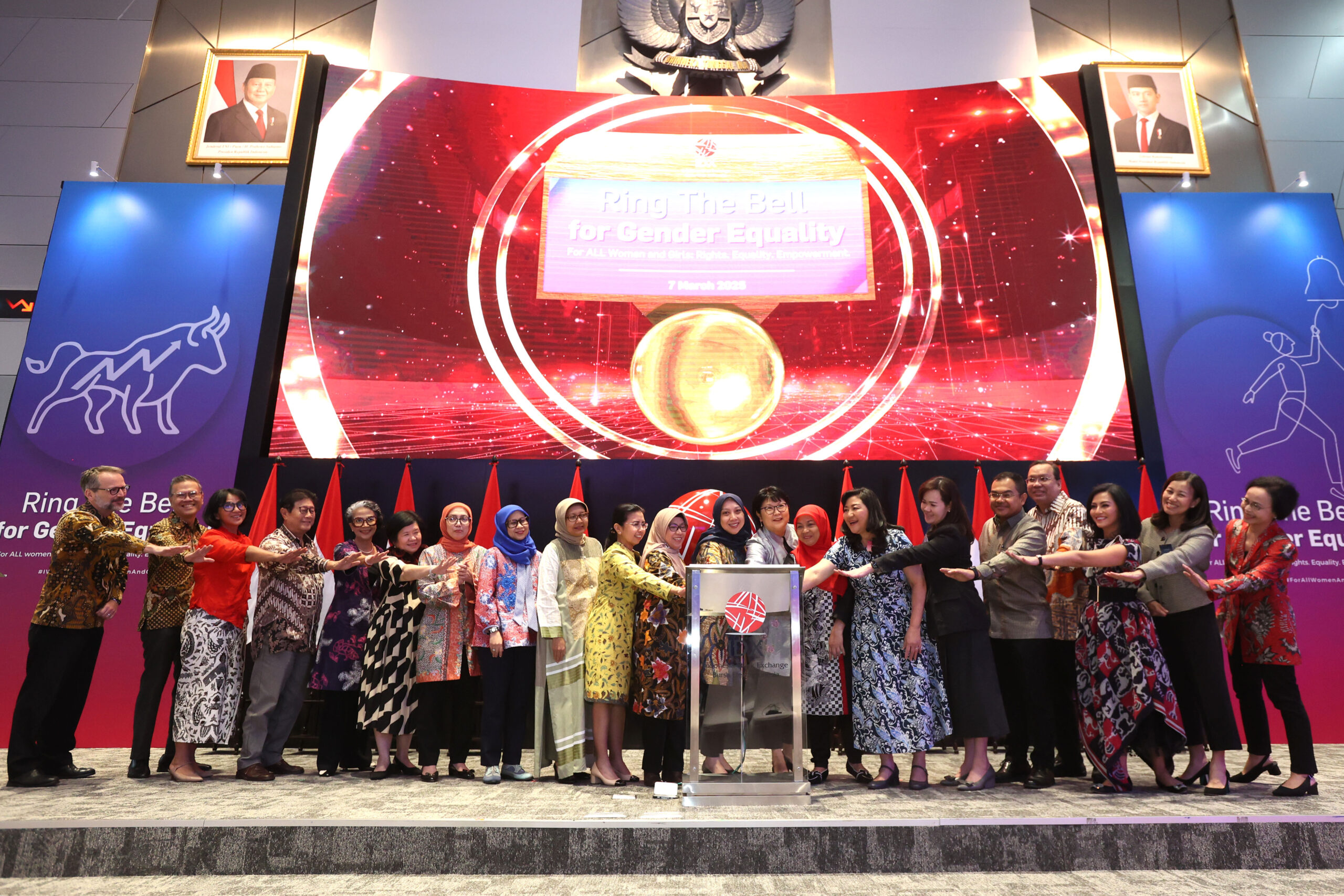In order to build awareness on sustainability and engage the business world to work towards it, consumer goods company Unilever Indonesia organized a Sustainability Day event on Monday.
Among the event’s attendees were representatives of companies, such as UNICEF, IKEA, Burgreens, Pipiltin Cocoa, Waste4Change and Heartindo, that have undertaken sustainable initiatives, and Youtube influencers Andovi da Lopez and Jovial da Lopez.
Famine, poverty, limited access to health care, climate change and waste management are the main sustainability challenges of the world today. Unilever Indonesia president director Hemant Bakshi said the existence of businesses should not exacerbate them.
According to the speech he had during the event, he addressed that businesses should be part of the solution. Strategies and business activities that uphold the principles of sustainability should play a major part in solving these issues. These matters match to the IGCN’s very own vision, to link human rights, sustainable environment, and ethical business practice.
United in Diversity Foundation and Leadership Council of UN SDSN Southeast Asia and Indonesia president Mari Elka Pangestu said these problems are solvable through programs that are based on the Sustainable Development Goals crafted by the United Nations in a mission to end poverty, famine, inequality and preserve natural resources.
“This is where businesses should play a major role, in shaping creative solutions in accordance with the Sustainable Development Goals and continue doing so, in order to create a better future for our society,” said Mari Elka Pangestu.
According to data from the Central Statistics Agency (BPS) in March 2017, 27.77 million Indonesians live under the poverty line, 7.2 million of them are children. Due to poverty, diseases and malnutrition 40 out of every 1,000 newborns do not reach the age of five.
According to the Ministry of Environment and Forestry, each year 65.8 million metric tons of trash are produced with little effort to recycle. As much as 1.29 million tons of plastic from Indonesia end up at sea every year.
To read more about this event, click here





